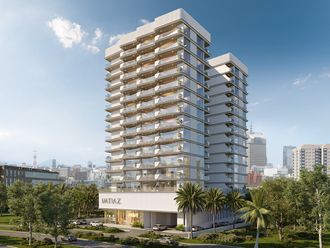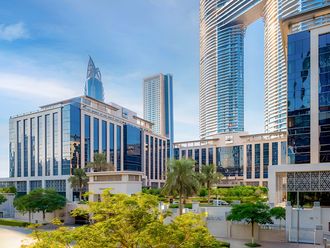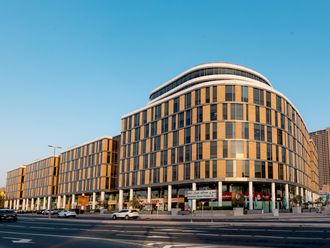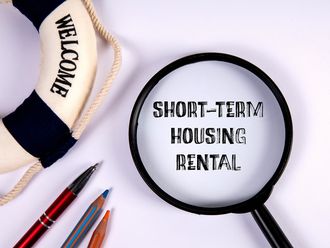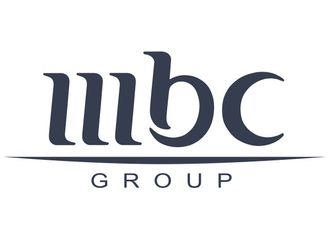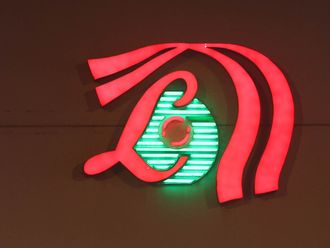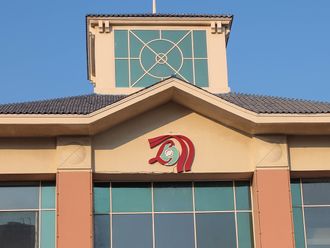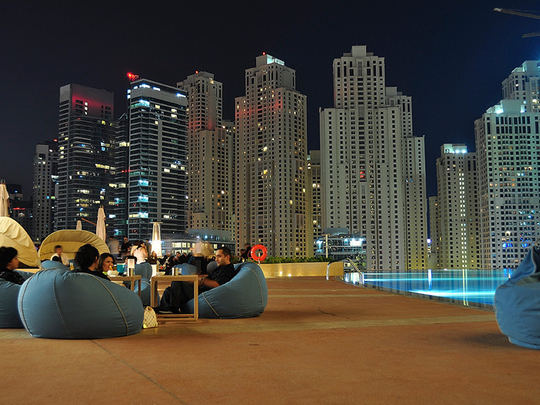
Low capital values and prices and high rents are causing UAE residents to consider buying property — but they’re discouraged by high barriers to ownership, a recent survey shows.
In a new survey conducted exclusively for GN Focus by Compareit4me.com, a regional financial comparison website, 30 per cent of respondents were deterred by the high down payment requirements for buying an apartment or villa. Additionally, 54 per cent of respondents said they did not have enough money to purchase property.
The survey happened to poll 2,200 UAE visitors to the Compareit4me website in the last week of December.
Expats in Dubai need to put down 25 per cent of a property’s value up front, with a further 4 per cent registration fee payable to the Dubai Land Department. Agent commissions account for another 2 per cent, with bank charges and surveyor fees on top. So an expatriate buying a home of Dh1.5 million will need Dh375,000 as a down payment plus Dh90,000 in registration and agent’s fees.
As a result, only 30 per cent of respondents in the poll were considering buying property right now. Of those who wanted to buy, one- and two-bedroom apartments were the most popular (about 27 per cent each), followed by villas (20 per cent).
Jon Richards, CEO of Compareit4me.com, says the numbers needed to be looked at in perspective. “This isn’t about people not being interested,” he tells GN Focus. “There are many people in Dubai who are very interested in buying property here, whether that’s for the investment potential or just to save on rental costs.
“What we are seeing, though, is that the barriers to home ownership are pretty high at the moment. Many people we speak to are finding it’s just a little out of reach at the moment.”
Nearly a fifth of respondents (18 per cent), were put off by the uncertain market outlook, while a quarter of respondents (27 per cent) said they were also concerned by uncertainty about long-term rules and regulations, including visas.
In a November survey by the same website, more than three quarters of respondents said they would like to buy property in the UAE, but were prevented from doing so by high prices and down payments.
So, while property prices fell last year, they haven’t fallen far enough for investors. October data from property consultants JLL showed that apartment prices in Dubai declined 11 per cent over the preceding 12 months and were set to drop further on the back of tighter regulations, rising inflation and a strong dirham. One-bedroom apartments in the Burj Khalifa are now on sale for under Dh2 million, real estate agency Asteco told GN Focus.
Last month, a Gulf News report said that more than half of all estate agents in the UAE feel property prices could drop by 5 per cent or more in the first quarter of this year, while over 40 per cent expect a similar drop in villa prices. The figures came from a poll by consultancy Cavendish Maxwell.
Developers have since responded by targeting mid-income residents. Danube, for instance, is hoping to attract investors by advertising equated monthly instalments (EMI) of 1 per cent after handover, allowing them to pay 52 per cent of the total value before possession, with the remaining 48 per cent being paid in convenient EMIs. However, buyers must still pay the 25 per cent down payment in the first 60 days, and must continue to rent while these off-plan developments are completed.
In the final analysis, however, Richards says residents must rethink their approach. Despite living in one of the world’s richest countries, a majority of residents feel they don’t earn enough to save, Compareit4me.com data shows. “Saving takes discipline and living in a place as fun, active and vibrant as the UAE, that discipline gets tested.
“There’s always a brunch, lunch, beach club to go to and it’s all too tempting to enjoy it all, rather than saving the suggested 20-30 per cent of a monthly salary.” So yes, governments and developers need to do their part but so do residents.


